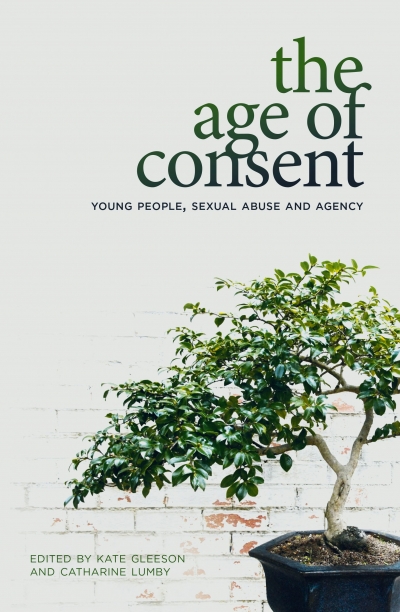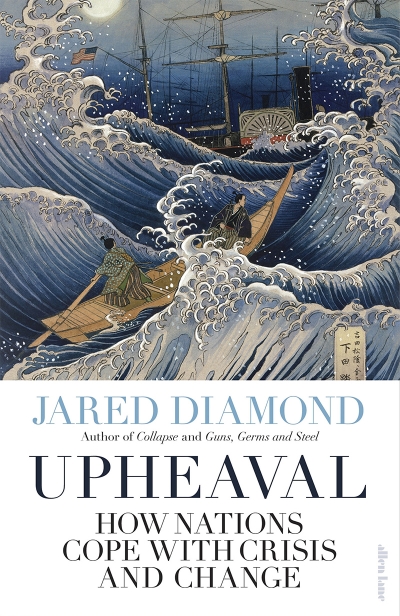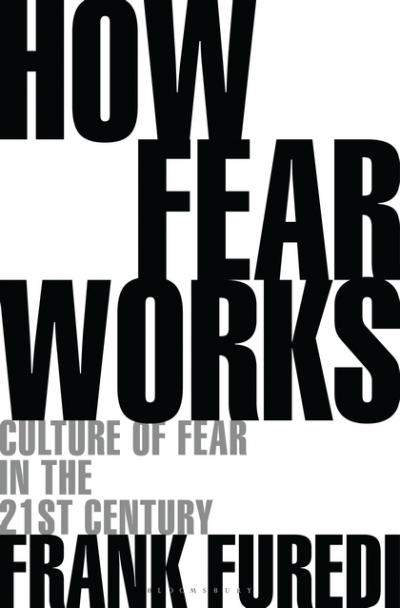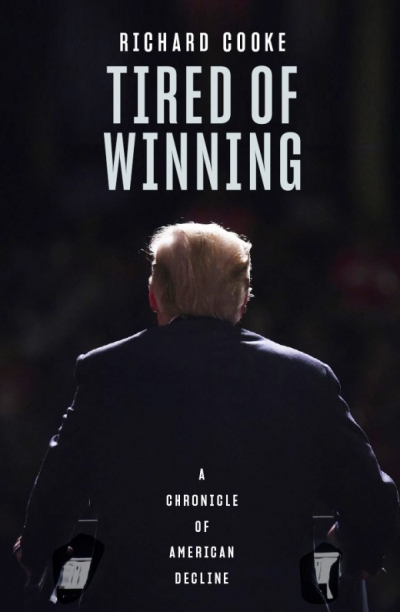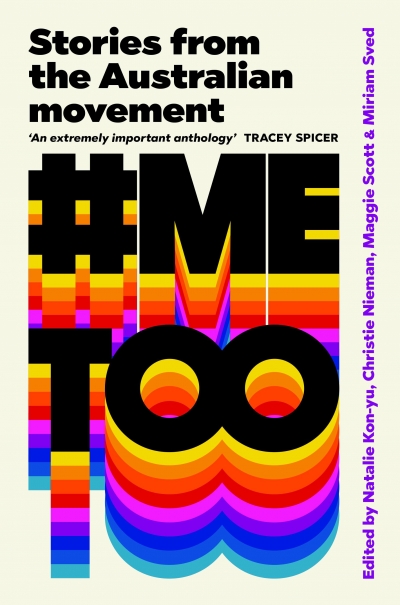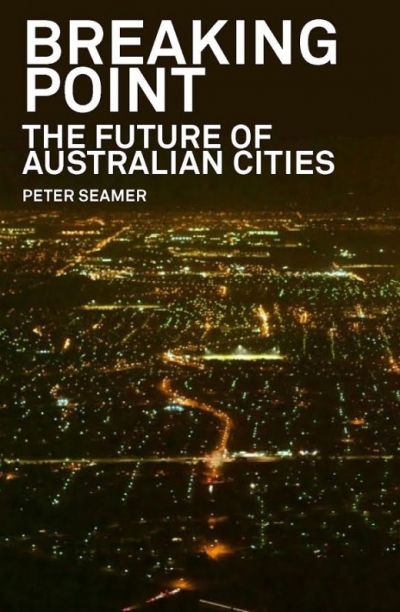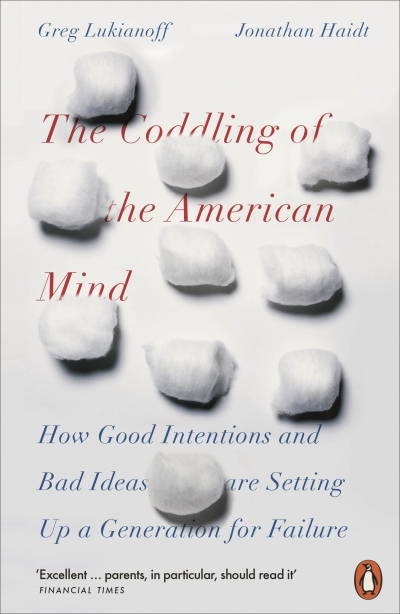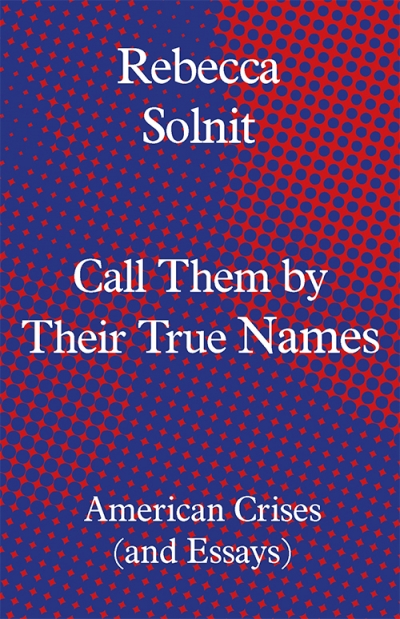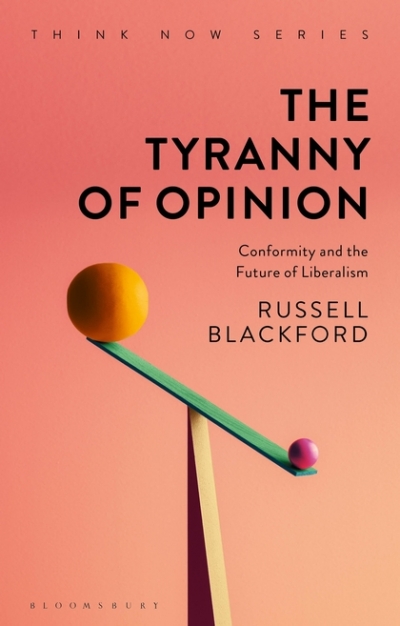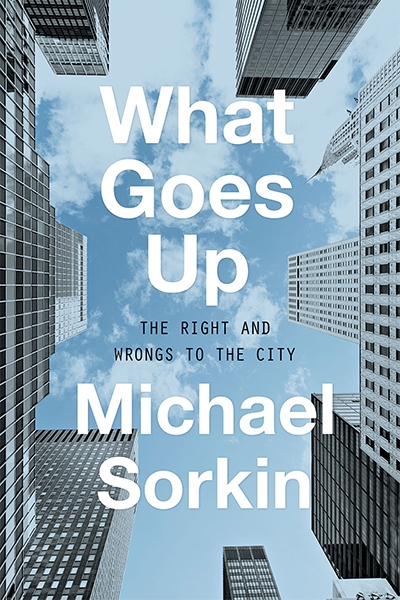Society
The Age of Consent: Young people, sexual abuse and agency edited by Kate Gleeson and Catharine Lumby
by Dean Biron •
How Fear Works: Culture of Fear in the Twenty-First Century by Frank Furedi
by Adrian Walsh •
Tired of Winning: A chronicle of American decline by Richard Cooke
by Varun Ghosh •
#MeToo: Stories from the Australian movement edited by Natalie Kon-yu et al.
by Zora Simic •
The Coddling of the American Mind by Greg Lukianoff and Jonathan Haidt
by David Rolph •
Call Them by Their True Names: American crises (and essays) by Rebecca Solnit
by Daniel Juckes •
The Tyranny of Opinion: Conformity and the future of liberalism by Russell Blackford
by Ceridwen Spark •
What Goes Up: The right and wrongs to the city by Michael Sorkin
by Sara Savage •


